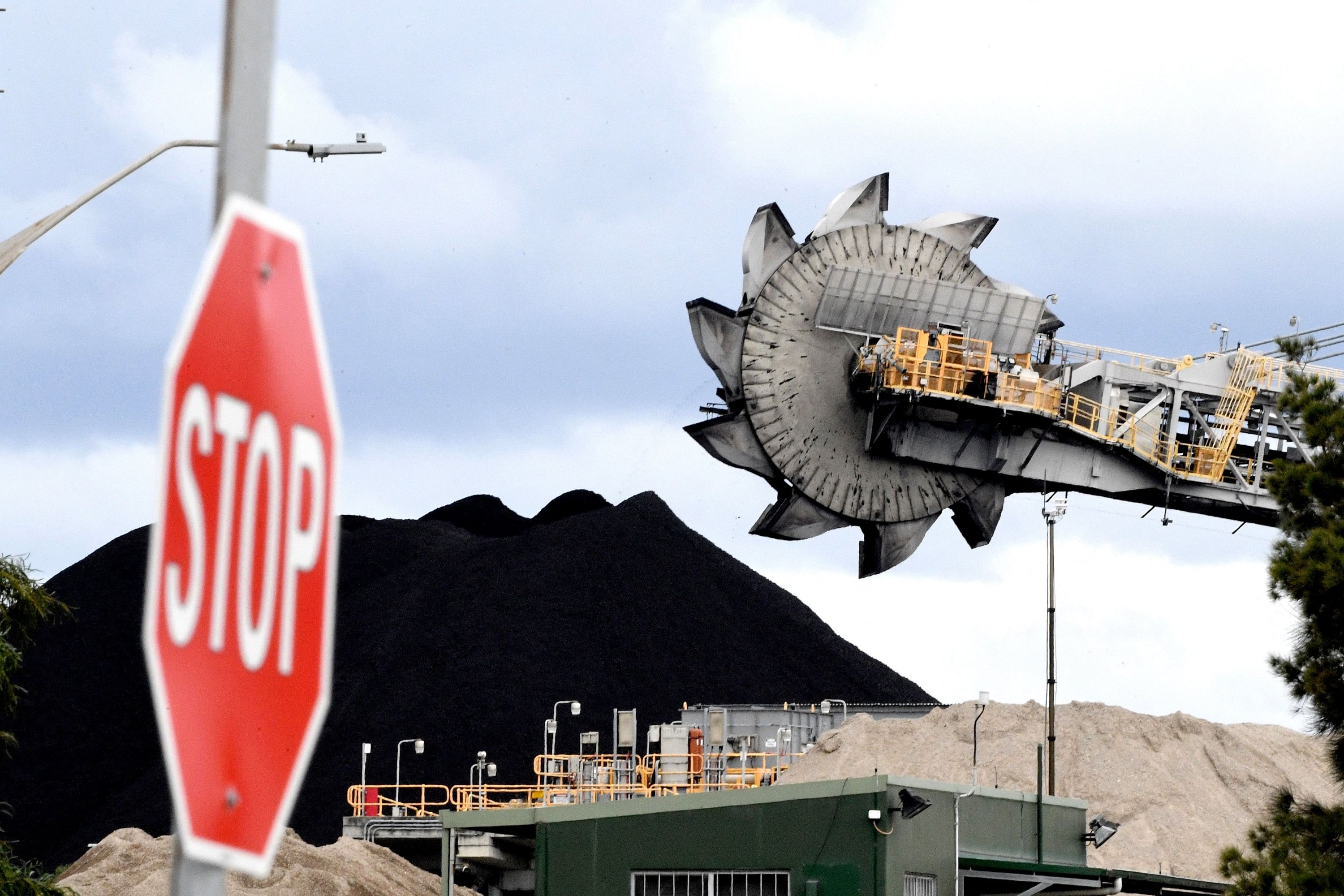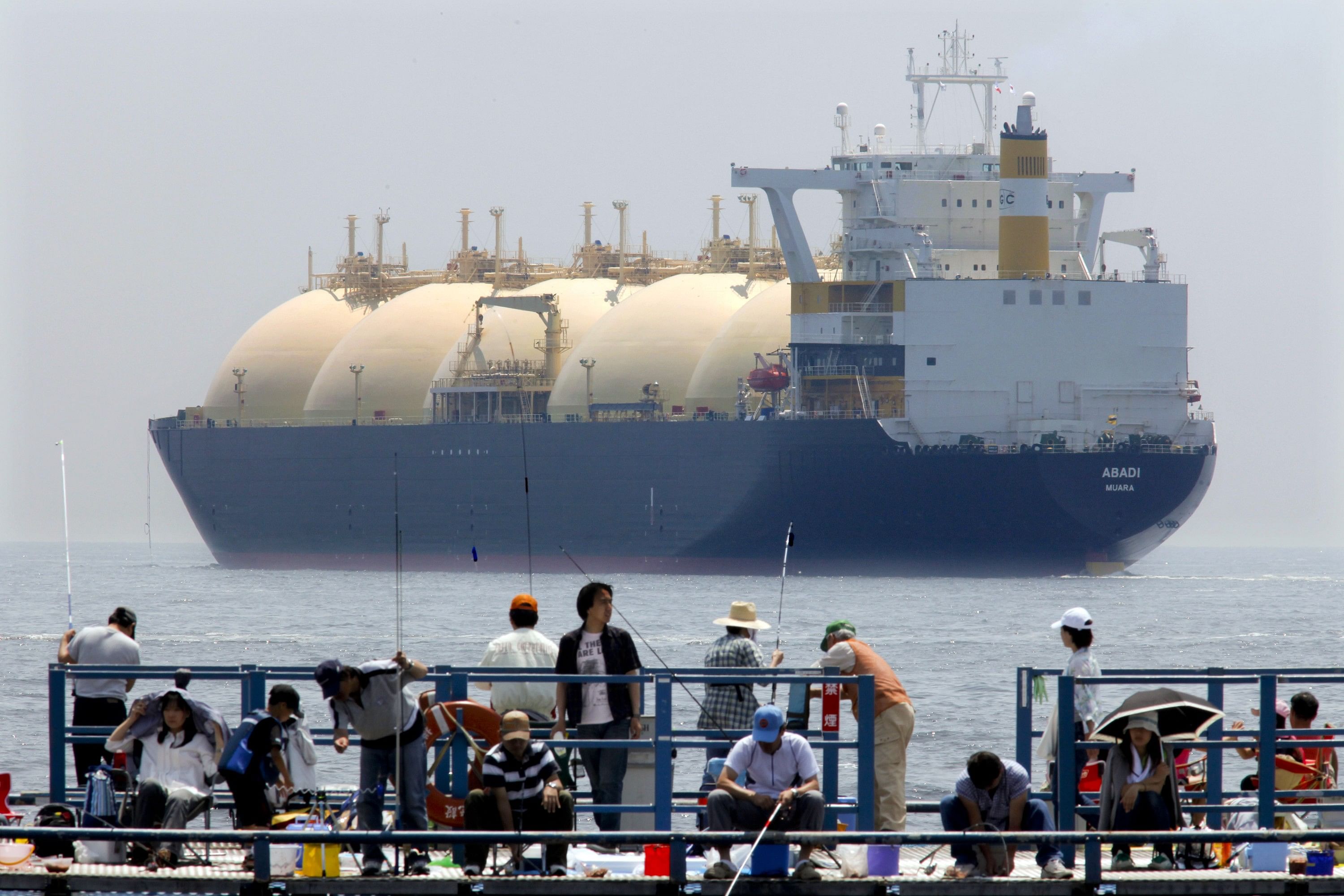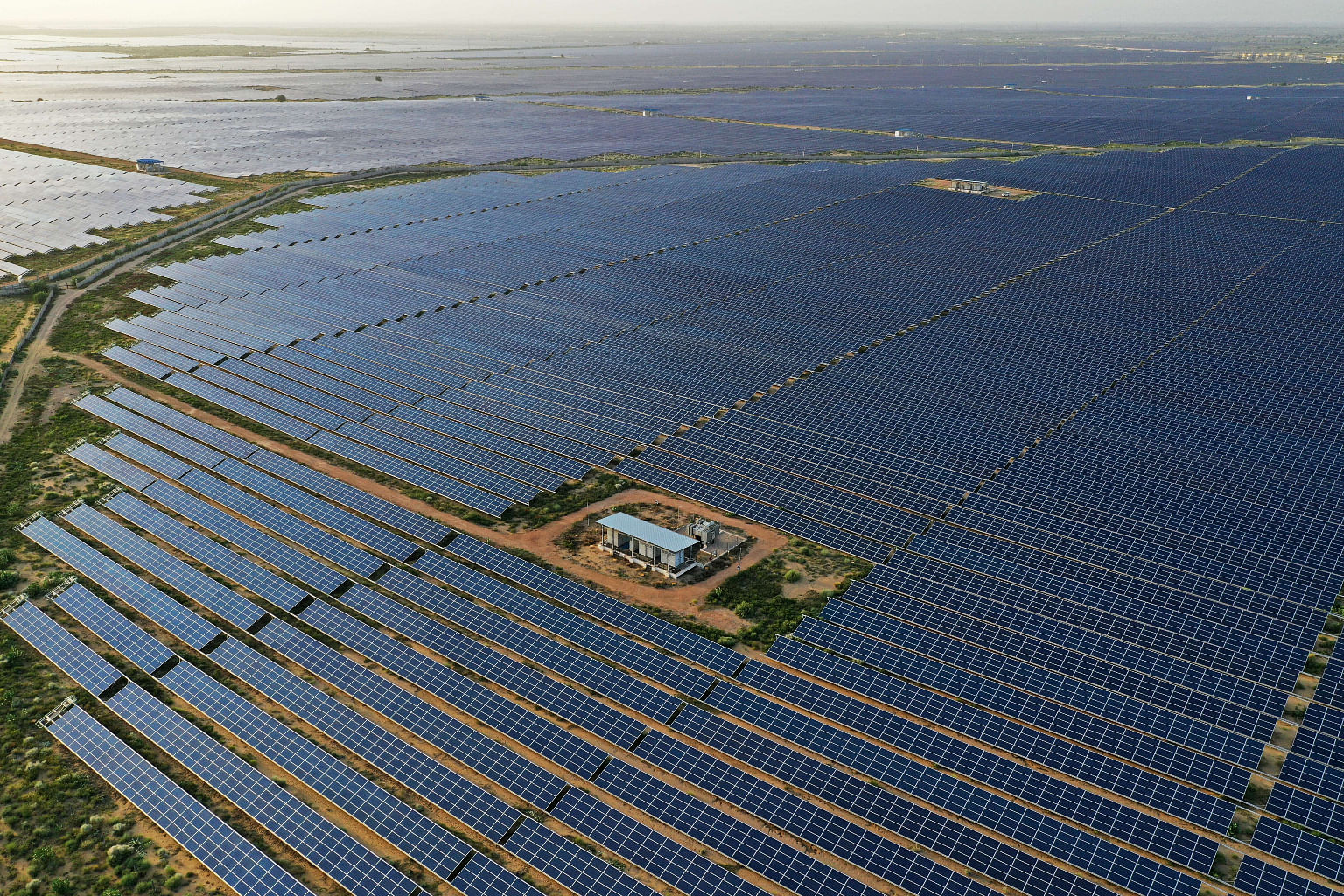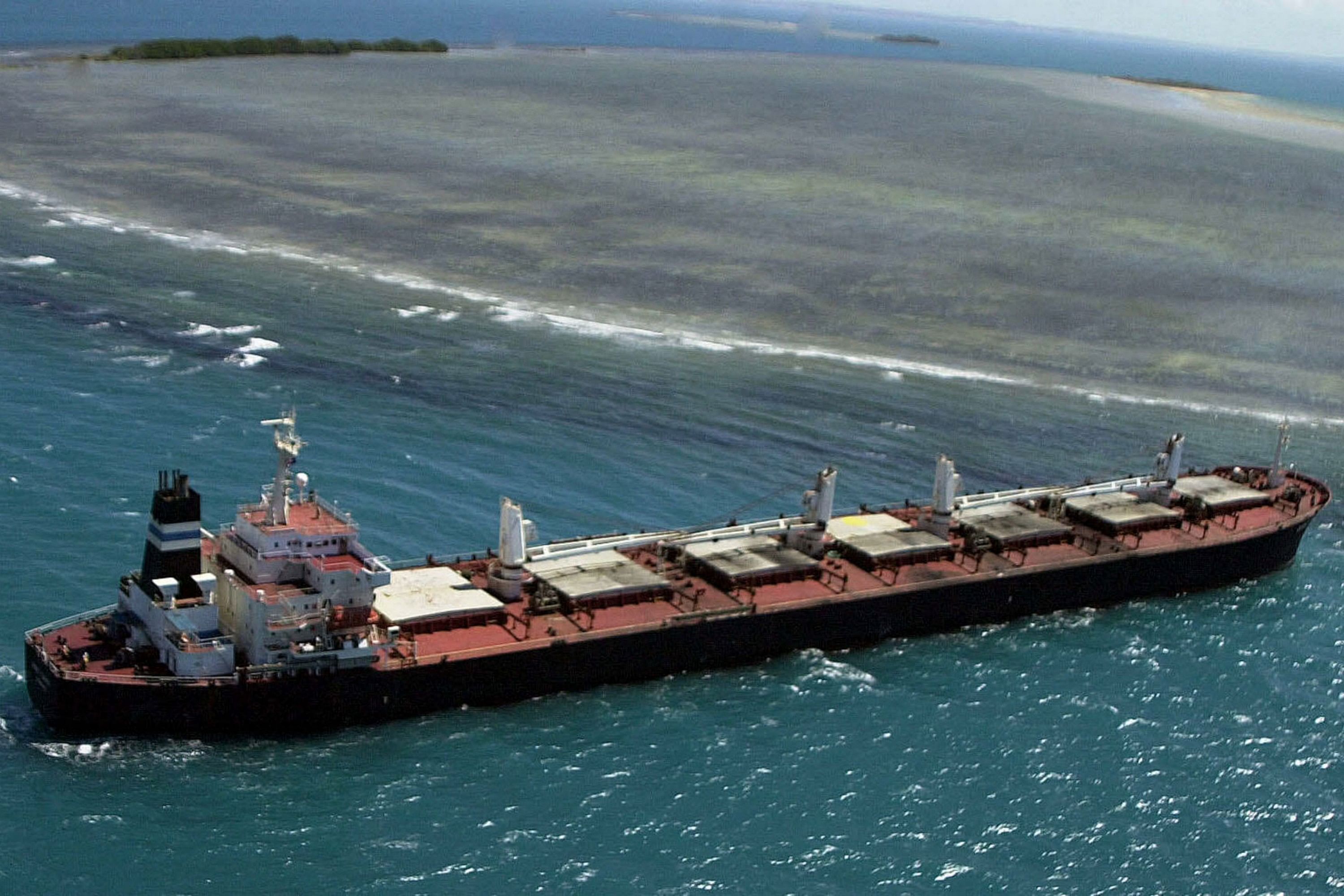Fossil fuels remain the backbone of the global economy, with their use set to hit a record this year.
Along with that, temperatures have been rising and climate impacts are becoming increasingly severe.
To limit the climate risks, the world must shift to a clean-energy economy within a generation and make deep emissions cuts from this decade.
Here's a look at the challenge and what can be done.
Widespread use of fossil fuels a threat to climate goals

Fossil fuels have underpinned economic growth for more than a century and lifted an untold number of people around the world out of poverty. But their widespread use has also led to a crisis.
The very fuels powering economies now threaten to cripple them through climate change.
Greenhouse gas emissions, mainly from burning coal, oil and gas, have to drop sharply this decade and reach net zero by 2050 to stave off increasingly severe storms, droughts, floods, crop losses and faster-rising seas, the United Nations' climate science panel says.
The great fossil fuel conundrum: Asia's gas boom stirs unease

The Asia-Pacific region consumes more than half of the world's energy, about 85 per cent of which comes from fossil fuels. What the region decides on energy policy therefore matters to global efforts to fight climate change.
Clean energy investment is growing but it is not yet meeting the region's burgeoning energy demands driven by rapid urbanisation, rising incomes and growing industries. Millions of people are also waiting to be connected to the grid.
Across parts of the region, coal power is on the wane because it is highly polluting and releases large amounts of planet-warming carbon dioxide (CO2), and finance is drying up. In its place, gas is rapidly emerging as a replacement to fuel the region's growth.
ADB stepping up green shift, offers limited support for gas

The Asian Development Bank (ADB) is accelerating its efforts to help the region shift to greener energy and reduce climate risks, but it will still support gas investments in limited cases.
"The battle against climate change will be won or lost in Asia and the Pacific," Mr Priyantha Wijayatunga, chief of the energy sector group at the ADB, tells The Straits Times in an e-mail interview.
The world's most populous region has huge and growing energy needs as it tries to lift millions out of poverty and improve livelihoods. It consumes the majority of the global supply of liquefied natural gas (LNG) and coal - India and China alone consume two-thirds of the world's coal.
Australia, the fossil fuel superpower

At the COP26 climate talks last November, Australian Prime Minister Scott Morrison told world leaders that his nation would commit to achieving net-zero emissions by 2050 and ensure Australia "meets and beats on its commitments".
What he did not say was that his government planned to ramp up fossil fuel exports, a step that directly threatened the key aim of COP26 - to limit global warming to 1.5 deg C above pre-industrial levels.
Australia's plans to boost coal and gas production - mainly to meet demand in Asia - only further cement the nation's role as a global fossil fuel superpower.

